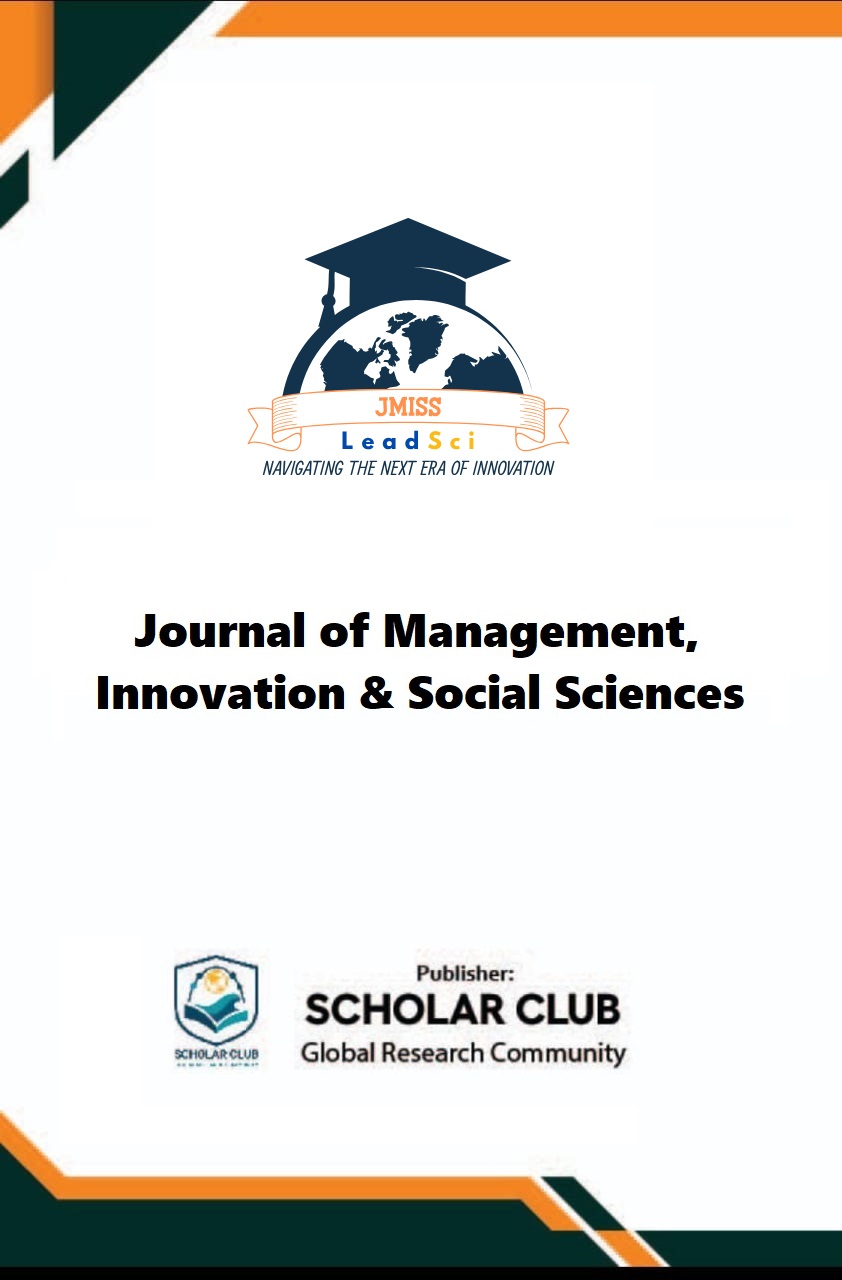Attaining Environmental Sustainability in Pakistan: The Role of Technological Innovation and Renewable Energy
Keywords:
Environmental Sustainability, Technological Innovation, Renewable Energy, ARDL Model, PakistanAbstract
This research examines the impact of renewable energy and technological innovation on environmental sustainability in Pakistan using annual data from 1995 to 2023. The analysis investigates the short and long-run association between CO2 emissions using the ARDL technique and key explanatory variables, including FDI, industrialization, and human capital. The findings show that renewable energy consumption and technological innovation significantly reduce CO2 emissions, highlighting their vital roles in promoting environmental sustainability. Conversely, FDI and industrialization are found to increase emissions, indicating their current alignment with pollution-intensive activities. In the short-run, human capital has an insignificant effect on CO2 emissions. The findings also confirm a stable long-run association among the variables. The study concludes with key policy recommendations to enhance clean energy adoption, support innovation, and regulate environmentally harmful industrial and investment activities.
Downloads
Published
Issue
Section
License
Copyright (c) 2025 Lead Sci Journal of Management, Innovation and Social Sciences

This work is licensed under a Creative Commons Attribution 4.0 International License.







